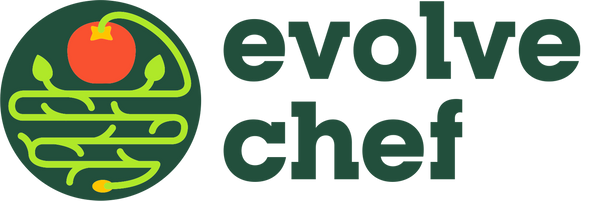Most of us know that the quality of the food we eat plays a big role in the quality of our health. Eating healthy, whole foods will leave you feeling better than a diet filled with processed sugars. That said, most people don’t realize that food is so fundamental to health that it can actually affect our genes.
Nutrigenomics is the study of diet’s effect on gene expression. It’s a growing field of focus, and it’s given way to diets that treat food as a type of medicine for the body. In other words, eating a healthy diet with the right foods can support your body’s ability to heal itself and fend off disease.
A closer look at nutrigenomics
The study of nutrigenomics has been around for decades, but only recently have scientists truly made connections between what we eat and how it affects our genes. One of the best examples is the research linking antioxidant foods to cancer prevention.
The body uses antioxidants to fight off free radicals, which cause oxidative stress. Science has definitively linked oxidative stress to cancer. It’s also linked several foods to high levels of antioxidants: berries, dark chocolate, kale, etc. Nutrigenomics looks at these parallels to examine how a diet high in antioxidant foods affects a person’s potential for cancer.
It goes beyond this one example, too. Nutrigenomics has drawn parallels to a wide range of health conditions and dietary choices.
Food as medicine
As the field of nutrigenomics grows and we learn how certain foods affect our bodies, it begins to inform different dietary options. For example, if you live with a genetic disease, a certain diet might help you better-manage it. Such is the case for those living with epilepsy, as researchers have realized the benefits of a high-fat, low-carb diet like Keto.
While food can’t necessarily replace modern medicine in terms of curing genetic diseases, it could play a role in suppressing them. For example, someone with genetic rheumatoid arthritis who adopts a low-fat vegetarian diet early in their life could suppress the emergence of the disease until later in life.
The best foods for healthy living
If you’ve ever been intrigued by “superfoods,” you’re already familiar with nutrigenomics as a concept. These foods are prized for their broad-ranging health benefits. Here’s a look at a few of the most popular:
- Dark leafy greens like chard or kale
- Berries like blueberries or goji berry
- Seeds and nuts like chia seeds or almonds
- Cruciferous veggies like broccoli and radishes
- Avocado, eggs and sweet potatoes
All of these foods have documented benefits on gene expression and the way the body fights disease. Whether they reduce inflammation or offer neuroprotective benefits, each of them contributes to your body in the same way medicine might.
Be kind to your genes
A healthy diet goes beyond counting calories and monitoring macros. When it comes to treating your body from a healing, protective standpoint, you need to consider foods with the proven ability to nurture it. Find ways to incorporate superfoods and be mindful of your genetics as you consider the power of nutrigenomics and their impact on your health.
Tired of the diet yo-yo? Check out our Keto Challenge!
